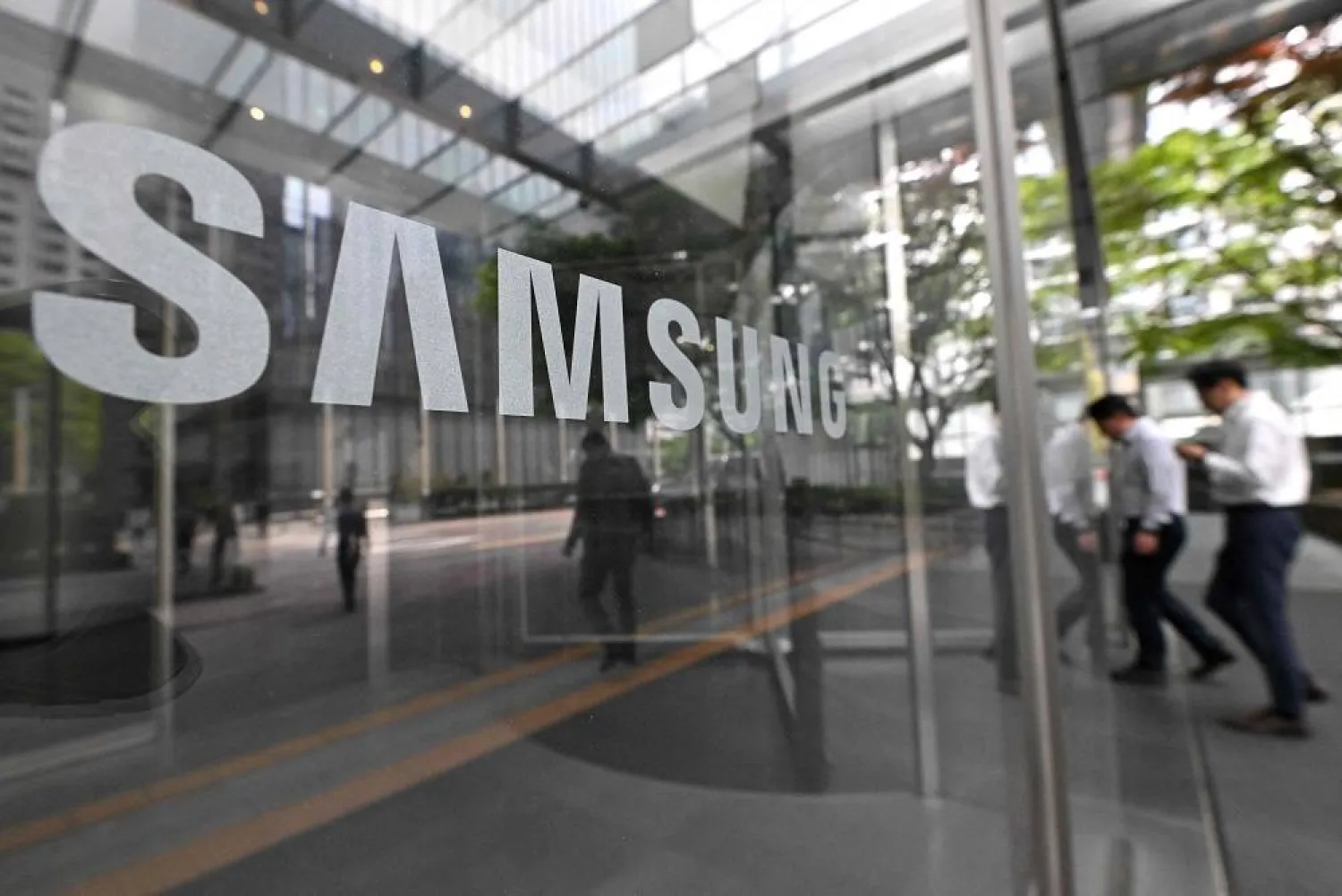Samsung Electronics' union in South Korea will begin escalating strike action next week by staging the first ever walkout over demands for higher wages, union officials said on Wednesday.
The union, which has about 28,000 members, or more than a fifth of the company's total workforce, said it will stop work for one day on June 7 as part of broader protest measures.
The announcement was made by union officials at a live-streamed press conference, where they held a banner which read: "We can no longer tolerate labor repression, union repression."
If the union members collectively take the day off next week, it would mark the first ever walkout by Samsung Electronics workers.
Workers have been intermittently participating in protests in recent weeks outside the company's offices in the capital city Seoul as well as outside of its chip production site in Hwaseong, south of Seoul.
Responding to a decision by the company to increase wages this year by 5.1%, the union has previously said that it wanted an additional day of annual leave as well as transparent performance-based bonuses.
On Wednesday, the union accused the tech giant of failing to bring a compromise plan to negotiations held the previous day.
Samsung Electronics said in a statement on Wednesday: "We will sincerely engage in discussions with the union."
A union official defended the decision to take industrial action at a time when some parts of Samsung's business are underperforming.
"The company has been saying they are facing crisis all along for the past 10 year," a union official told reporters, but added that the firm should not use it as an excuse not to meet its demands.
The union said all company sites across South Korea would be affected by its June 7 action.
The strike announcement comes as Samsung appears to be faltering in some areas, including cutting-edge semiconductor chips.
Samsung last week replaced the head of its semiconductor unit saying a new person at the top was needed to navigate what it called a "crisis" affecting the chips industry.
More than 2,000 unionized workers of the South Korean technology giant gathered in Seoul last week to hold a rare rally to demand better wages.
The union has seen a rapid rise in membership after Samsung Electronics in 2020 pledged to put an end to its practices of discouraging the growth of organized labor.
Shares of Samsung Electronics were trading down 2.1% on Wednesday, compared with the benchmark KOSPI's 1.3% fall as of 0458 GMT.









